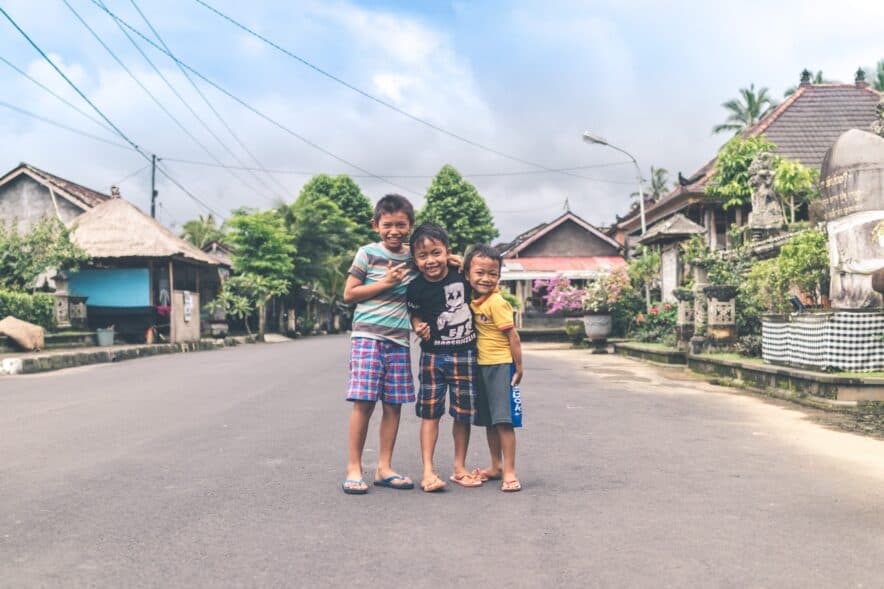Research
Pairing preschoolers up with opposite gender builds better social relations

Freya Lucas
Aug 18, 2023
Save
Pairing preschoolers up with classmates of other genders – often termed ‘buddying up’ – creates benefits in terms of social relations for the whole class, according to a new study.
The study, published in Early Education and Development, tested how working in pairs improves interactions with classmates. The researchers from Arizona State University worked with teachers in public preschool classrooms to integrate the buddy up technique with classroom activities.They found that not only did this method encourage more positive interactions among other-gender peers, but it improved relationships between children of the same gender (particularly girls) and between children who speak the same language (particularly English).
The importance of early, diverse socialising
Social interactions in early childhood are foundational and predict positive outcomes later in life. Children, however, tend to restrict their interactions to classmates who are the most like them – particularly those of the same gender.
This creates a cycle in which children only feel comfortable interacting with children who are most like them and segregate themselves, which further secludes them from other classmates. When these group dynamics form, they also increasingly tend to take on behaviors considered typical of their gender, researchers argue.
This is where teacher intervention comes into play. When teachers pair up students who are of different genders and give them a task to collaborate on, it helps them branch out from their social comfort zones. This intervention is based on intergroup contact theory, which says that when people have more contact with members of different groups, they’ll develop better relations.
“Helping children develop relationship skills early on is a priority,” said principal author Professor Laura Hanish.
Ultimately, the researchers found that the buddy up method is easy to implement and is an effective way to build diverse relationships early on. It also has the potential to create better, more inclusive classroom environments, which could have positive effects that last into adulthood.
Don’t miss a thing
Related Articles



















